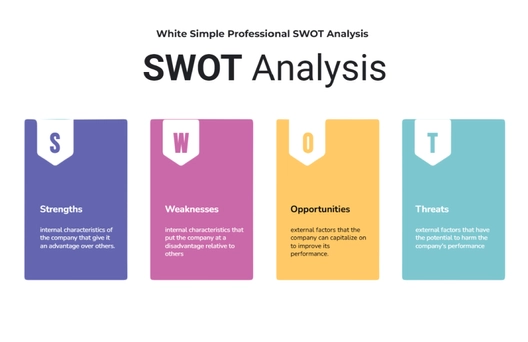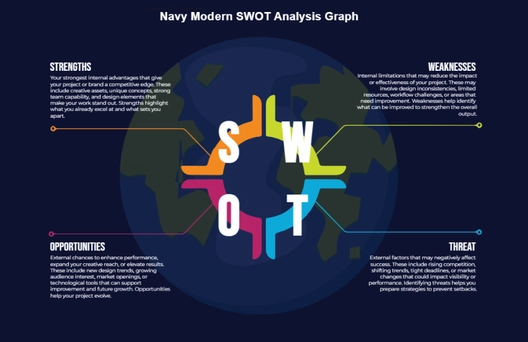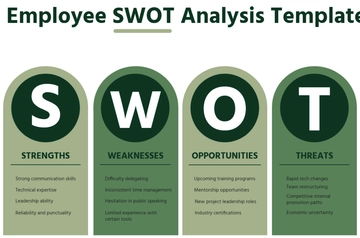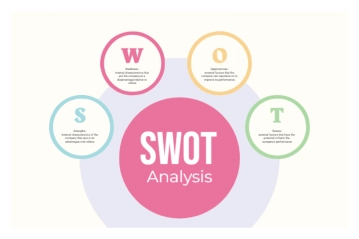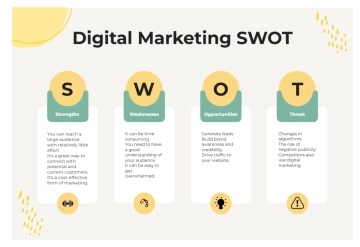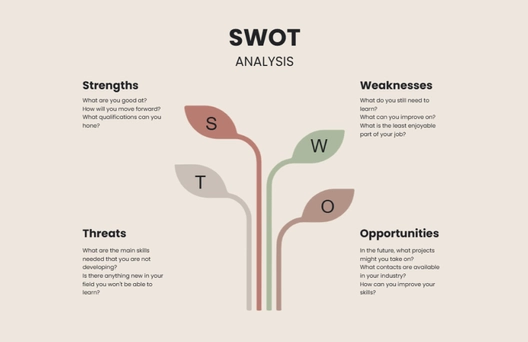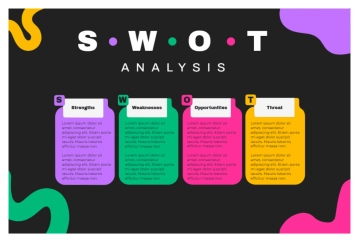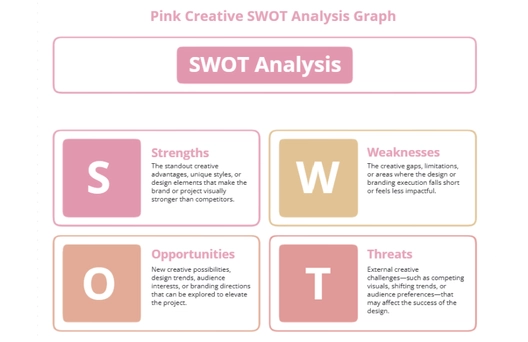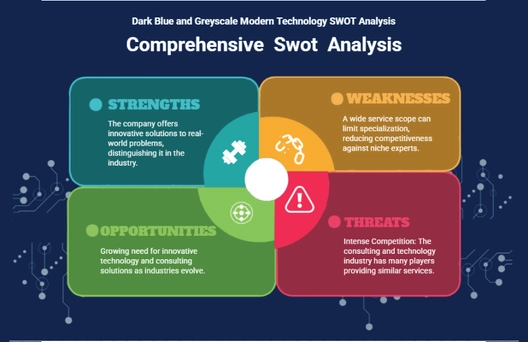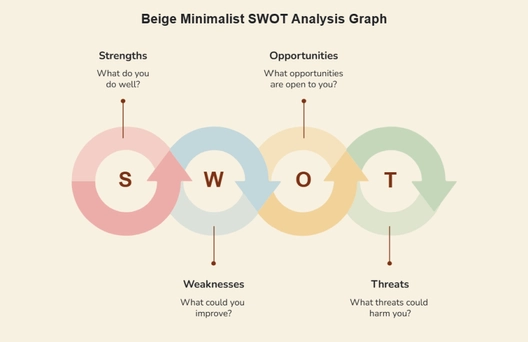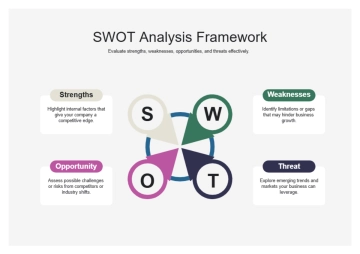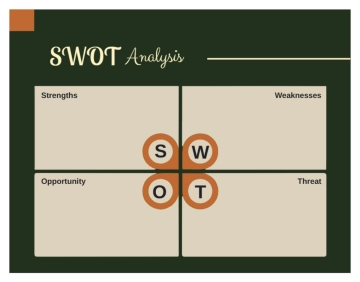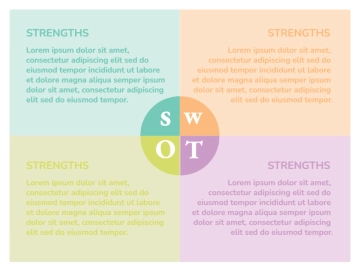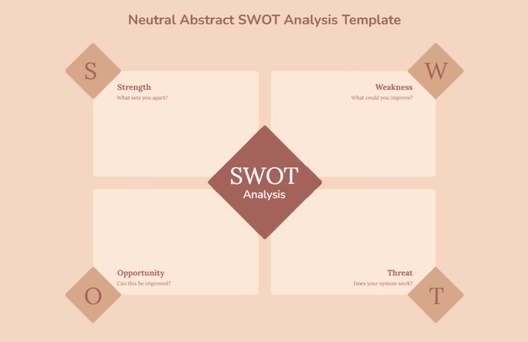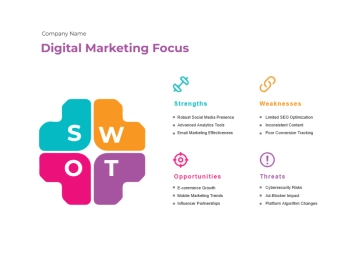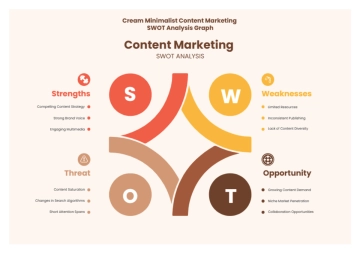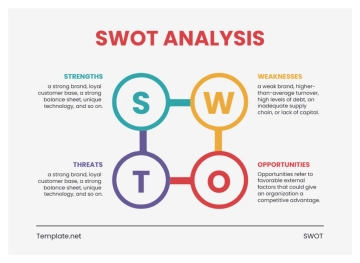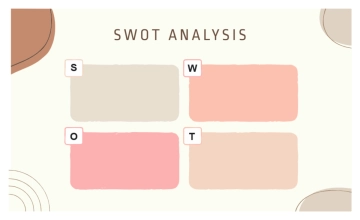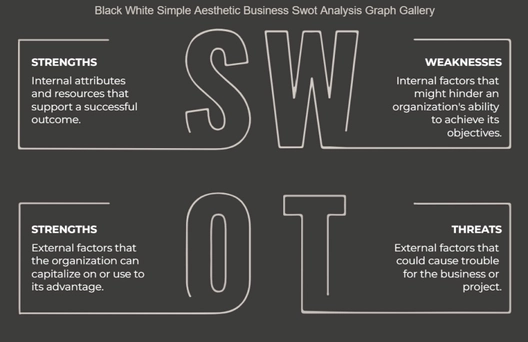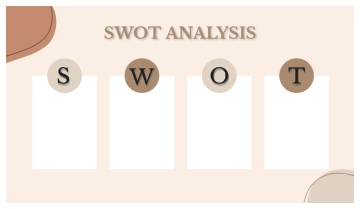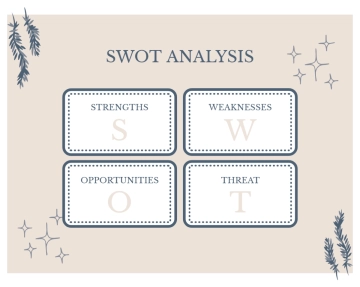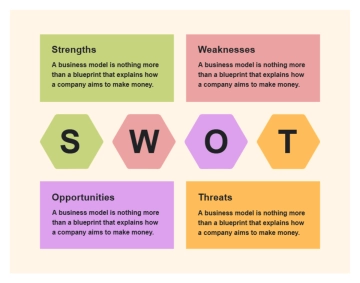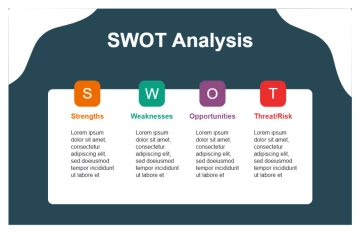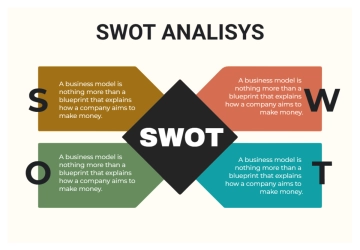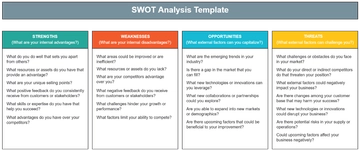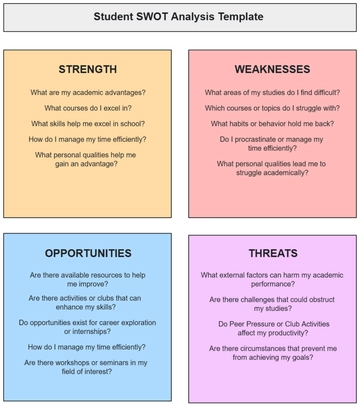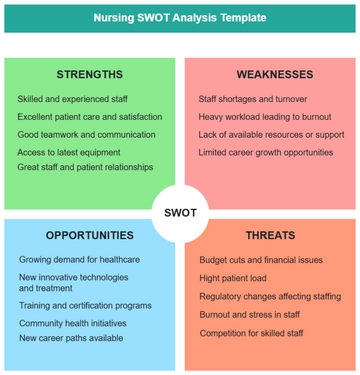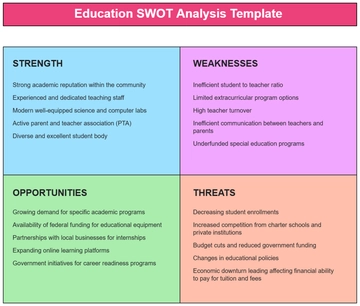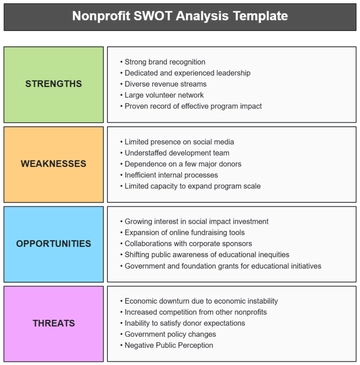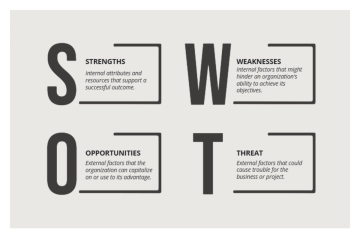Free SWOT Analysis For Marketing
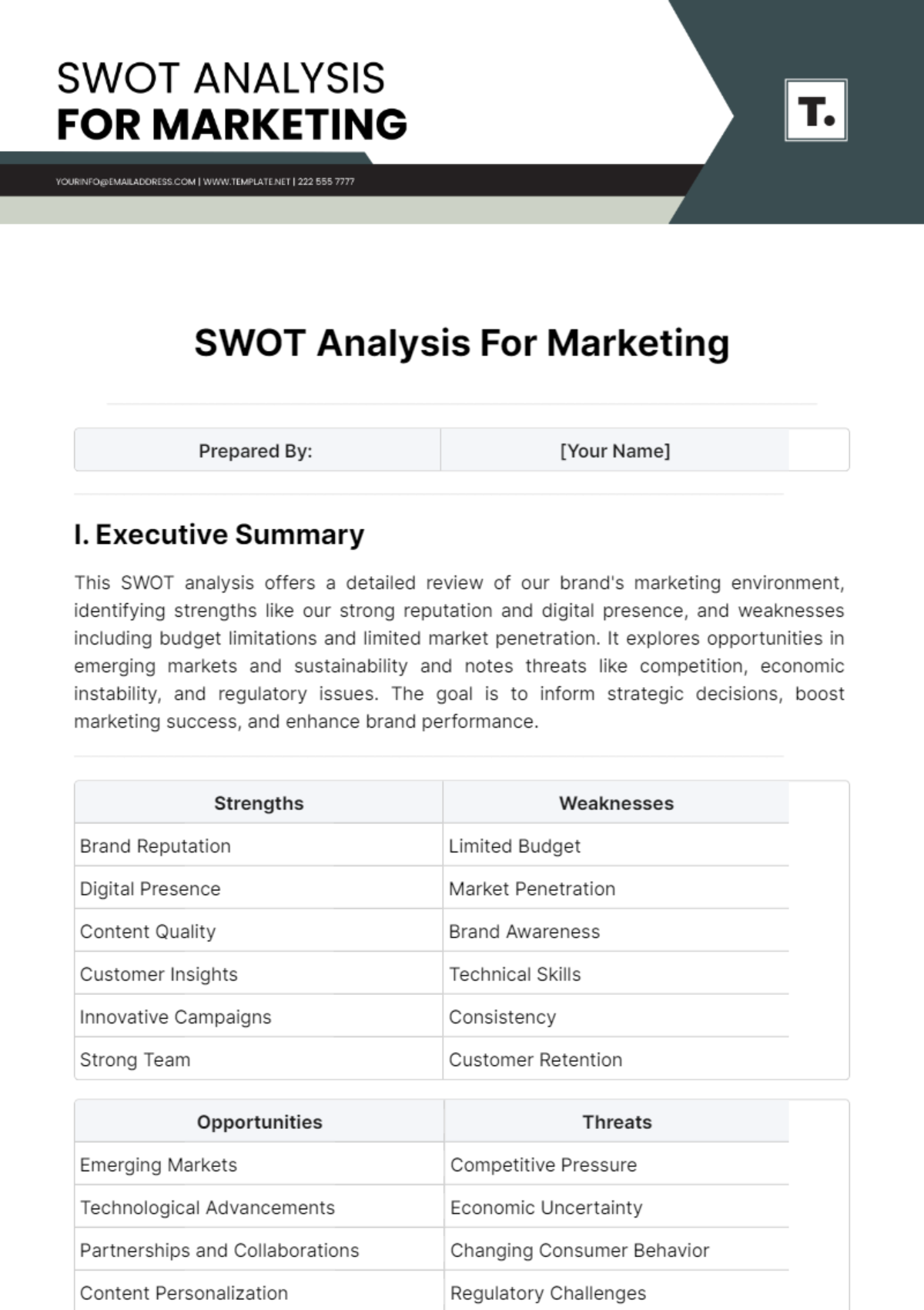
_____________________________________________________________________________________
Prepared By: | [Your Name] |
|---|
_____________________________________________________________________________________
I. Executive Summary
This SWOT analysis offers a detailed review of our brand's marketing environment, identifying strengths like our strong reputation and digital presence, and weaknesses including budget limitations and limited market penetration. It explores opportunities in emerging markets and sustainability and notes threats like competition, economic instability, and regulatory issues. The goal is to inform strategic decisions, boost marketing success, and enhance brand performance.
_____________________________________________________________________________________
Strengths | Weaknesses |
|---|---|
Brand Reputation | Limited Budget |
Digital Presence | Market Penetration |
Content Quality | Brand Awareness |
Customer Insights | Technical Skills |
Innovative Campaigns | Consistency |
Strong Team | Customer Retention |
Opportunities | Threats |
|---|---|
Emerging Markets | Competitive Pressure |
Technological Advancements | Economic Uncertainty |
Partnerships and Collaborations | Changing Consumer Behavior |
Content Personalization | Regulatory Challenges |
Sustainability and CSR | Negative Publicity |
New Channels | Data Privacy |
Customer Feedback | Technological Disruptions |
II. Strategic Recommendations
Leverage Strengths
Continue to build on brand reputation and customer loyalty.
Invest in digital presence and content quality.
Address Weaknesses
Allocate budget efficiently to maximize impact.
Enhance technical skills through training and hiring.
Capitalize on Opportunities
Expand into emerging markets with localized strategies.
Form partnerships and collaborations to enhance reach and resources.
Mitigate Threats
Stay ahead of competitors through continuous innovation.
Monitor economic trends and adjust marketing strategies accordingly.
III. Key Performance Indicators (KPIs)
Brand Awareness
Track brand mentions, reach, and engagement across platforms.
Measure changes in brand recognition through surveys and market research.
Customer Acquisition
Monitor conversion rates and customer acquisition costs (CAC).
Evaluate the effectiveness of different marketing channels in acquiring new customers.
Customer Retention
Analyze customer retention rates and lifetime value (LTV).
Implement loyalty programs and personalized marketing to retain customers.
Content Engagement
Measure engagement metrics such as likes, shares, comments, and click-through rates (CTR).
Assess the performance of different types of content (blogs, videos, infographics).
Sales and Revenue
Track sales growth and revenue generated from marketing campaigns.
Analyze the return on investment (ROI) for different marketing initiatives.
IV. Market Trends Analysis
Digital Transformation
Increased adoption of digital technologies and online platforms.
Growing importance of mobile marketing and app-based advertising.
Consumer Preferences
Shift towards personalized and experience-driven marketing.
Rising demand for transparency and authenticity from brands.
Sustainability
Heightened focus on environmental sustainability and ethical practices.
Consumer preference for brands with strong CSR commitments.
Technological Innovations
Emergence of AI, VR, and AR in marketing strategies.
Use of big data and machine learning for predictive analytics and personalized marketing.
V. Conclusion
In conclusion, this SWOT analysis and market trends evaluation provide valuable insights for our marketing strategy. Leveraging our strengths, addressing weaknesses, and capitalizing on opportunities will be key to staying competitive. By aligning with market trends and focusing on strategic priorities, we can drive growth and success in our marketing efforts.
_____________________________________________________________________________________
- 100% Customizable, free editor
- Access 1 Million+ Templates, photo’s & graphics
- Download or share as a template
- Click and replace photos, graphics, text, backgrounds
- Resize, crop, AI write & more
- Access advanced editor
Discover the ultimate tool for strategic marketing planning with Template.net's SWOT Analysis for Marketing Template. Fully editable and customizable, this template empowers you to assess Strengths, Weaknesses, Opportunities, and Threats seamlessly. Crafted for efficiency, it's also editable in our AI tool for effortless modification. Elevate your marketing strategy today!
